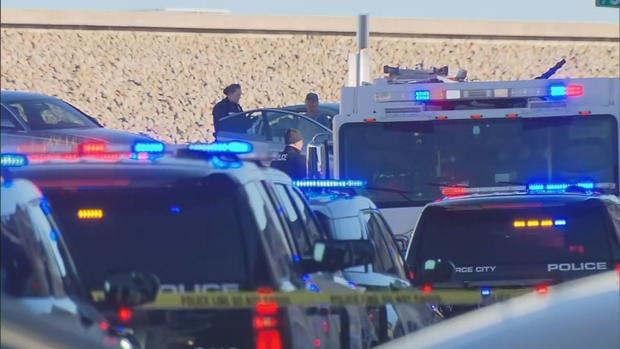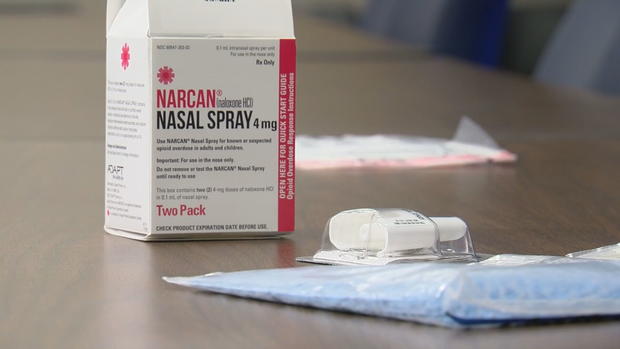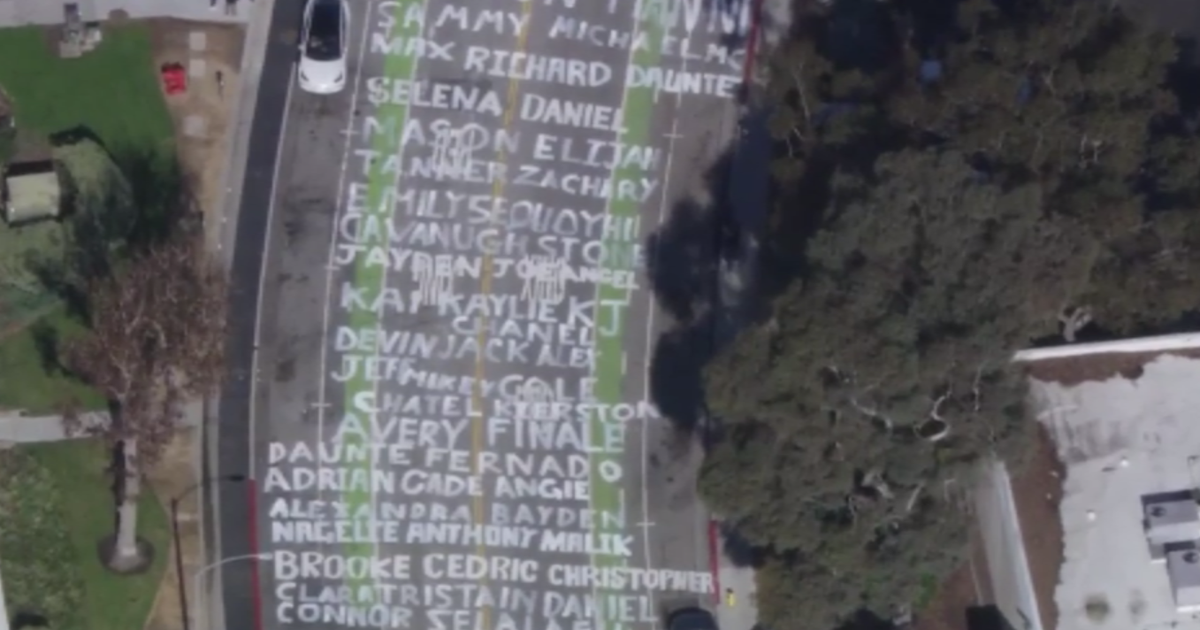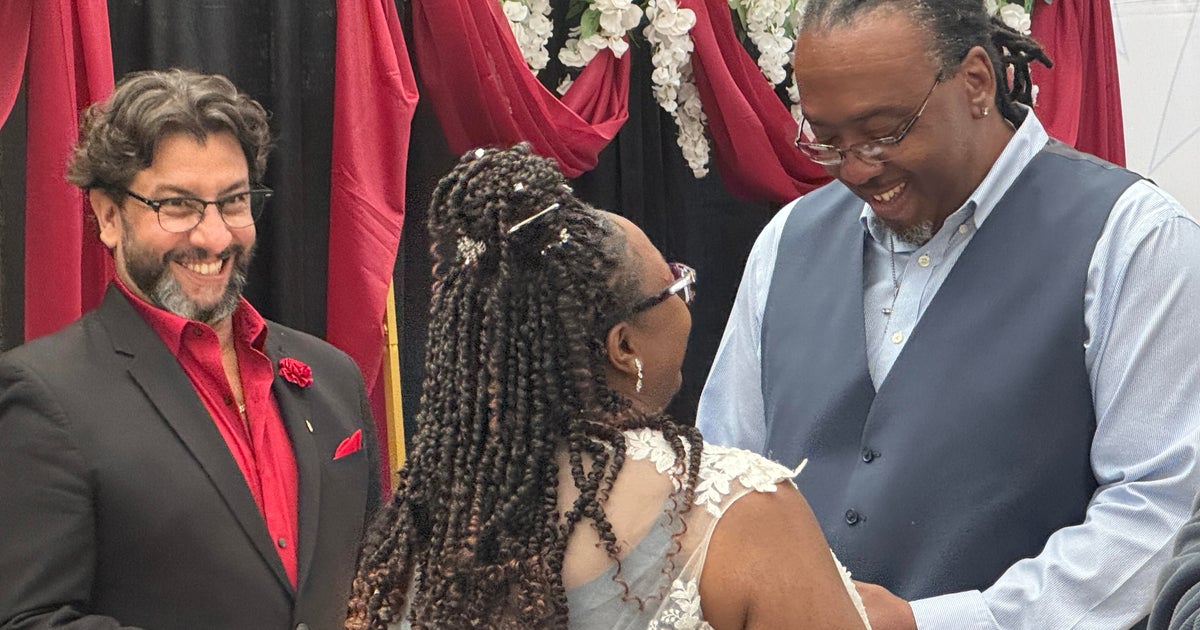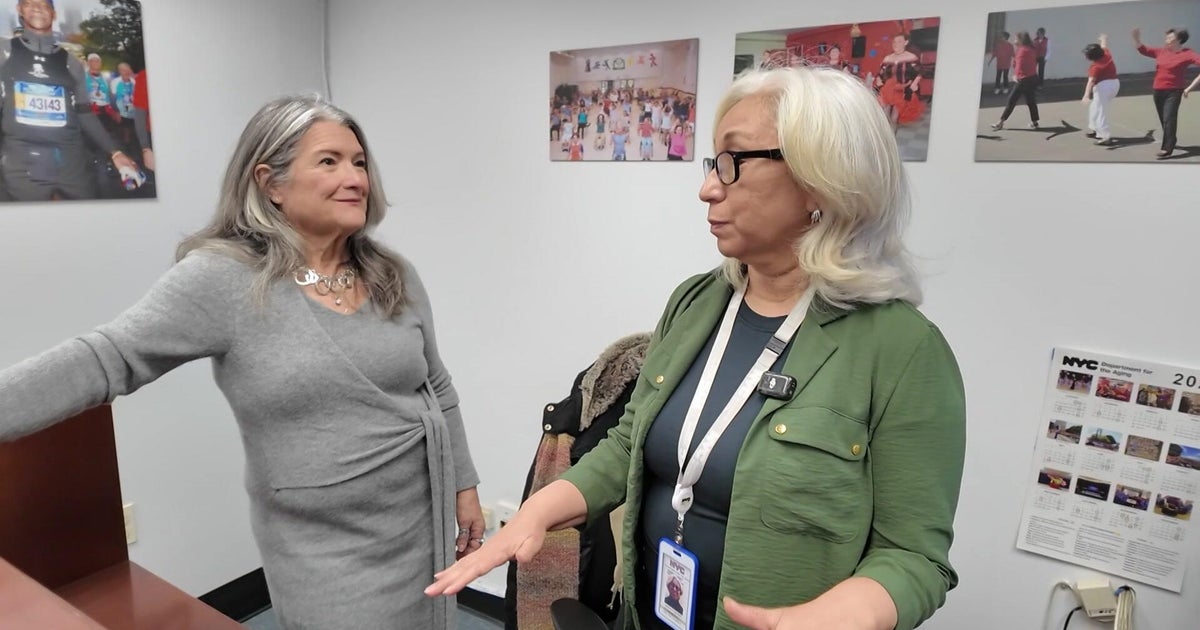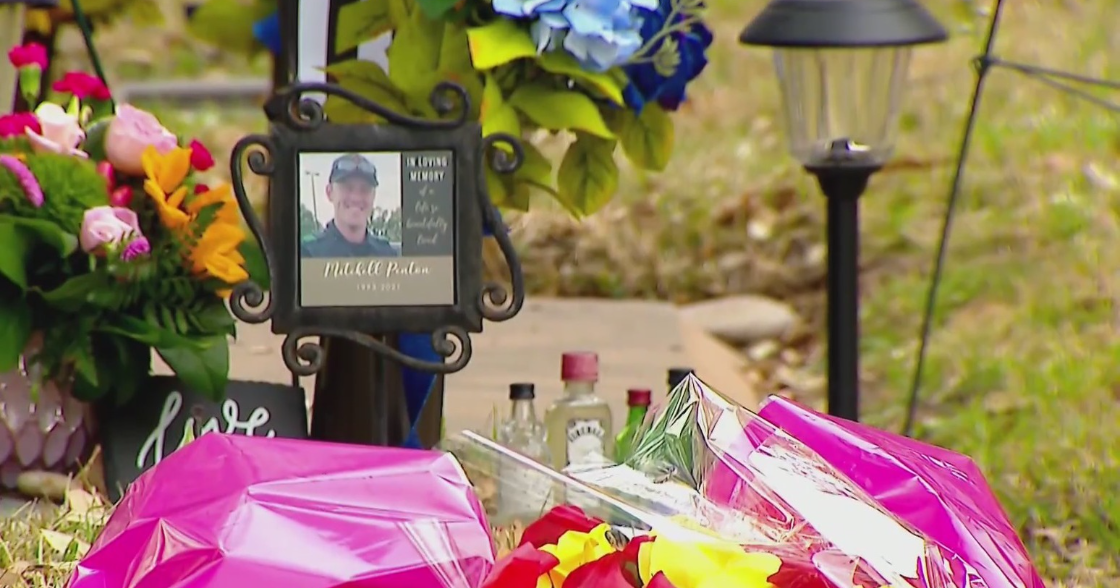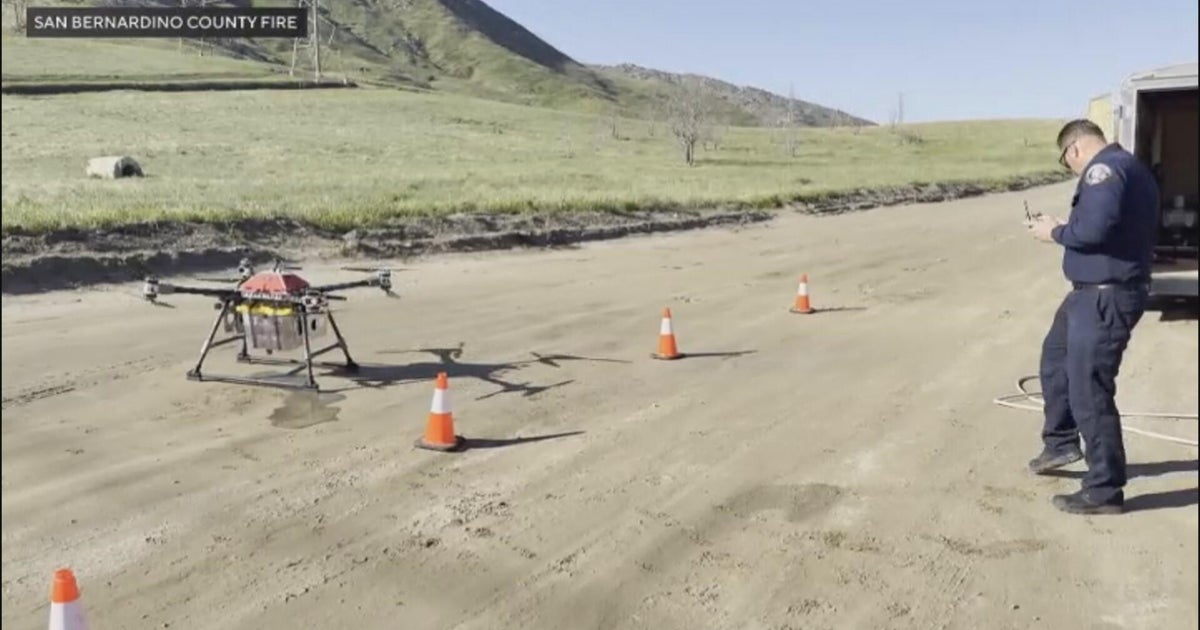Denver's Overdose Prevention Program Providing Narcan & Fentanyl Test Strips
DENVER (CBS4) - The deaths of five people in Commerce City, believed to have overdosed on drugs laced with fentanyl, are putting new attention on a crisis in Colorado that's not often talked about.
"Sometimes families don't want to talk about it because they might have their own shame or guilt or feel like they could have done something," Megan Clarke said.
Clarke is the coordinator for a family advocate program specific to the Denver Medical Examiner's Office, and focuses on suicide, overdose deaths and child fatalities. They provide resources for families who have lost loved ones and cannot always find the support they need.
"It's every part of society. It's every demographic. We have young kids who are dying from overdoses up to people in their 60s and 70s. So, there's really no specific demographics, it is something that affects everybody," Clark said.
At Denver's Department of Public Health and Environment, Marion Rorke is the substance use resource coordinator. She says they are seeing overdose deaths increasing.
"We have seen this larger uptick predominantly due to the presence of fentanyl in the drug supply in Denver either individually or combined into other drugs," Rorke said.
Last year roughly half of all drug-related deaths in Denver involved fentanyl. That's partly what prompted the launch of their new online program aimed at prevention.
Anyone in Denver County can now have Narcan and fentanyl test strips sent directly to them.
"We really do this for a lot of reasons. First and foremost is we don't want people to die preventable deaths. Drug overdoses -- whether it's opioids or other types -- are preventable," she said.
When the program first started in September 2021, Rorke says they had roughly 10 requests a month. This week that number jumped to 1,200 in just 24 hours. It's a number both advocates believe will continue to grow.
"It's something that I do think people wish they knew how to access," Clarke said.
The online program is open to everyone. It's free, and while there are questions about your contact information, none of it is required and requests can be made anonymously. The form also offers more information about addiction help for those looking for additional resources.
